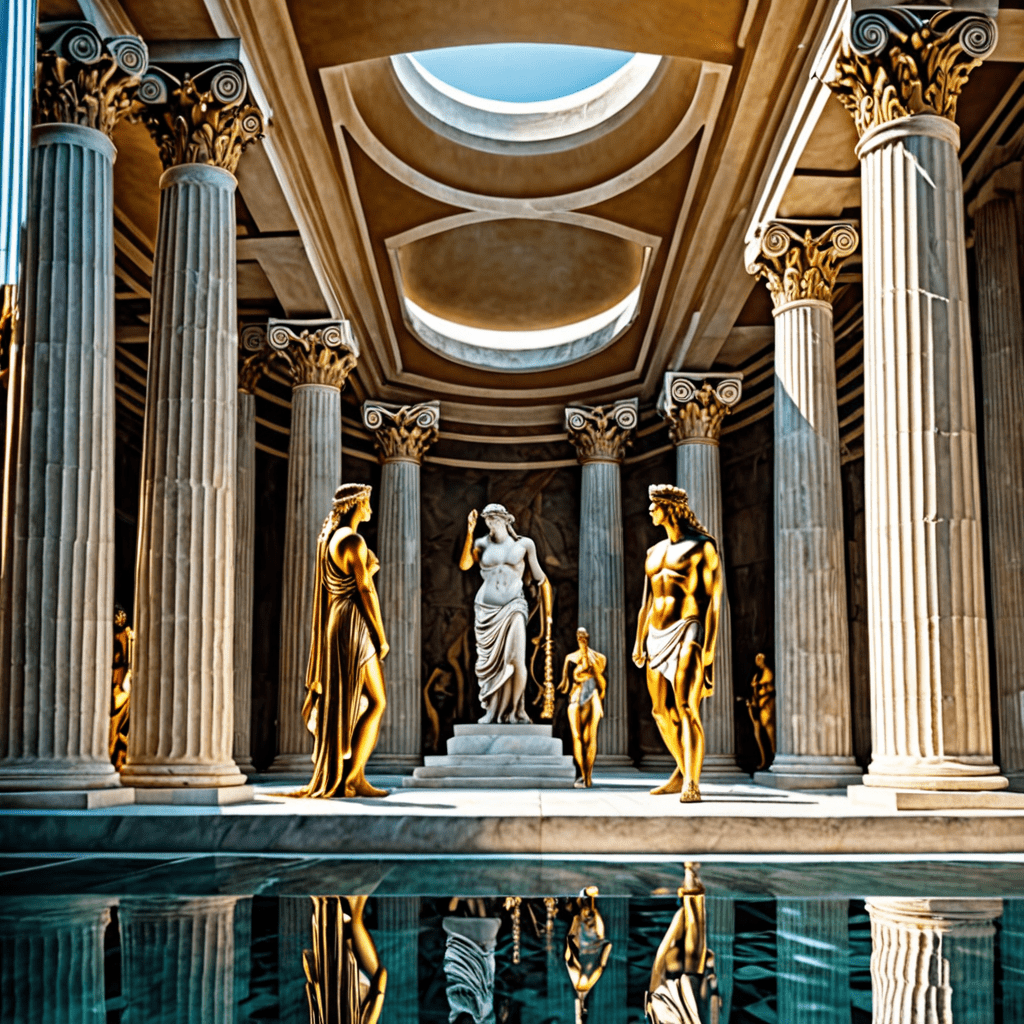The Intriguing Link between Greek Mythology and the Concept of Reflection
Greek mythology, with its myriad of gods, goddesses, heroes, and legendary creatures, has captivated audiences for centuries. Among the many fascinating aspects of Greek mythology is its profound connection to the concept of reflection. Let’s delve into this intriguing link and explore how reflection is intertwined with these ancient tales.
What role does reflection play in Greek mythology?
In Greek mythology, reflection often serves as a powerful tool for introspection and self-discovery. One of the most famous examples is the myth of Narcissus, who fell in love with his own reflection in a pool of water. This tale highlights the pitfalls of excessive self-love and vanity, emphasizing the importance of looking beyond oneself.
How do Greek myths reflect human attributes and behaviors?
Greek myths are not just fantastical stories—they also serve as mirrors that reflect human nature, emotions, and experiences. The struggles, triumphs, and flaws of the gods and heroes in these myths parallel the complexities of human existence. From Zeus’s wrath to Achilles’s pride, these myths are rich with lessons about virtues and vices that resonate with our own lives.
What can we learn from the concept of reflection in Greek mythology?
By exploring the theme of reflection in Greek mythology, we gain valuable insights into ourselves and the world around us. These myths encourage us to ponder our actions, motivations, and relationships, prompting us to pause and reflect on our own journeys. Through these ancient tales, we can contemplate universal truths about love, sacrifice, hubris, and destiny.
How does the concept of reflection in Greek mythology remain relevant today?
Although Greek mythology originated thousands of years ago, its themes of reflection continue to resonate in contemporary society. The timeless lessons embedded in these myths transcend cultures and epochs, offering timeless wisdom for personal growth and understanding. By embracing the concept of reflection present in Greek mythology, we can navigate the complexities of modern life with a deeper understanding of ourselves and our place in the world.
FAQ: Greek Mythology and the Concept of Reflection
What is Greek mythology?
Greek mythology refers to the collection of myths and legends originating from ancient Greece that were used to explain natural phenomena, the origins of the world, and the lives and adventures of gods, goddesses, heroes, and mythical creatures.
How does Greek mythology incorporate the concept of reflection?
In Greek mythology, reflections are often depicted symbolically as a means for individuals to confront their true selves, serving as a metaphor for self-awareness, introspection, and understanding one’s inner thoughts and emotions. This concept can be seen in various myths where characters encounter their reflections, leading to personal revelations and transformation.




